Bees making nest in water meter vault
californian
17 years ago
Related Stories
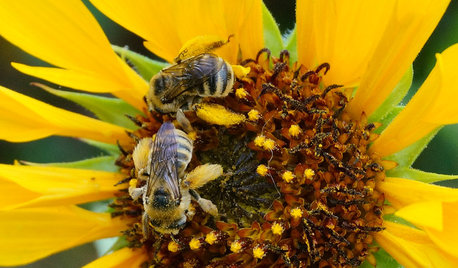
EARTH DAY12 Entertaining ‘Bee-haviors’ of Native Bees
The parade of pollinator antics is another reason to create a garden that nurtures native bees
Full Story
MY HOUZZMy Houzz: Goal of a Net-Zero Nest in Southern California
A Long Beach family focuses on energy efficiency in remodeling their 1957 ranch house
Full Story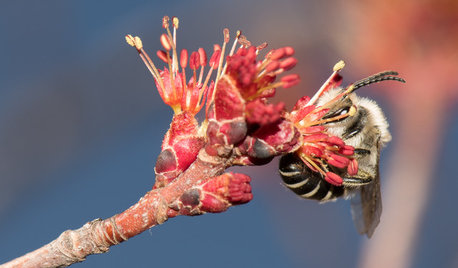
GARDENING GUIDESInvite Cellophane Bees to Your Garden by Providing Patches of Bare Soil
Look for cellophane bees (Colletes) pollinating flowering trees and shrubs in U.S. gardens this spring
Full Story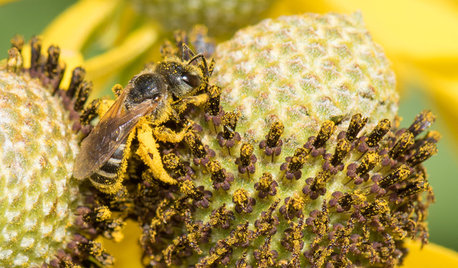
GARDENING GUIDESWelcome Sweat Bees to Your Garden Throughout the Growing Season
Look before you swat! These friendly sweat bees will feed on your sweat on a hot summer day, but their main buffet is flowers
Full Story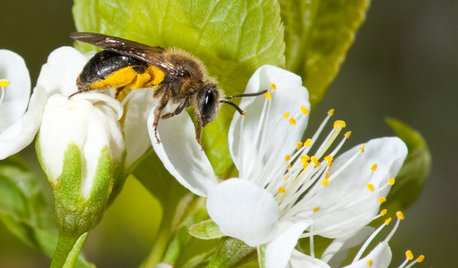
GARDENING GUIDESInvite Mining Bees to Your Garden by Planting Their Favorite Plants
Look for mining bees (Andrena) pollinating woodland wildflowers in U.S. gardens this spring
Full Story
KIDS’ SPACESNew This Week: 3 Amazing Kid Rooms That Will Make You Rethink Your Life
Designers share details of fantastical concepts like indoor swings and a pirate’s crow’s nest in projects recently uploaded to Houzz
Full Story
GARDENING GUIDESPut Out the Welcome Mat for Leafcutter Bees in Your Garden
Provide a diversity of flowering plants from spring through fall for these charismatic native bees, and you won’t be disappointed
Full Story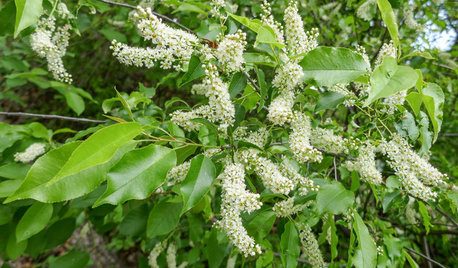
GARDENING GUIDESPlant Black Cherry Trees for the Birds and Bees
Plant Prunus serotina in the Central and Eastern U.S. for spring flowers, interesting bark and beautiful fall color
Full Story
GARDENING FOR BUTTERFLIESGardening for the Bees, and Why It’s a Good Thing
When you discover how hard bees work for our food supply, you may never garden without them in mind again
Full StorySponsored







txbeeguy
txbeeguy
Related Professionals
Lake Oswego Landscape Architects & Landscape Designers · Ashburn Landscape Contractors · Beachwood Landscape Contractors · Galt Landscape Contractors · Gresham Landscape Contractors · Hayden Landscape Contractors · Hickory Hills Landscape Contractors · Paramount Landscape Contractors · Placerville Landscape Contractors · Tamarac Landscape Contractors · Chicago Ridge Landscape Contractors · Crowley Landscape Contractors · Camp Springs Landscape Contractors · Raytown Landscape Contractors · La Puente Outdoor Lighting & Audio Visual SystemscalifornianOriginal Author
californianOriginal Author
txbeeguy
californianOriginal Author
bandit_tx
russh_nepa
californianOriginal Author
Aegis
californianOriginal Author
californianOriginal Author
Breaz DeRousse